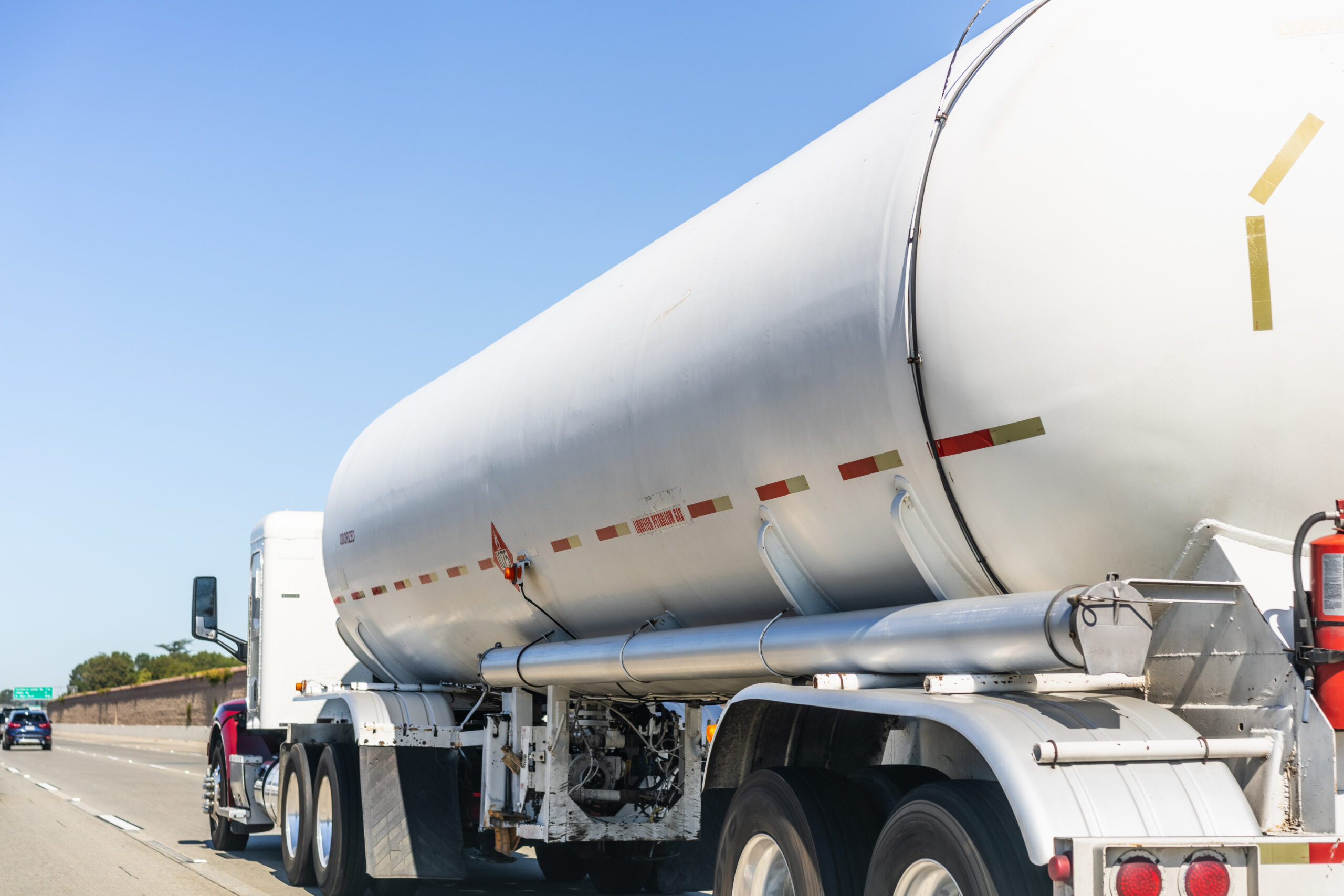
Propane Unplugged: How this Versatile Fuel Powers Businesses
Blog
Safe propane for your business
National delivery, local service
Tailored pricing to your business needs
Propane Autogas is a safe, reliable fuel option that is cleaner and less harmful to children, handles all weather conditions and makes buses noticeably quieter on the road. Learn more and switch!
Cut in NOx emissions
Less expensive than diesel
Compliant
Compared to diesel buses, propane Autogas vehicles are cleaner and less harmful to children. They’re also noticeably quieter on the road, so bus drivers can perform their job in a calmer environment while keeping an eye on students without the chaotic rumbling of the engine.
According to the National Council on Energy, Propane Autogas costs about 40% less than gasoline & 50% less than diesel per gallon, on average.
Propane-powered school buses are closer in price to diesel school buses and provide faster return on investment than electric.
School buses that run on propane autogas emit fewer greenhouse gases, smog-producing hydrocarbons, nitrogen oxides and virtually eliminate particulate emissions compared with conventional fuels.
A 7.3L V8 Ford engine with a ROUSH CleanTech propane fuel system is certified to the optional ultra-low nitrogen oxide (NOx) level of 0.02 grams per brake horsepower-hour, which is 90% cleaner than EPA’s most stringent heavy-duty engine standard and 99% cleaner than diesel buses built before 2007.
Propane burns cleaner than gasoline and diesel, producing fewer carbon deposits and reducing contamination of engine oil. This results in less wear on engine components, prolonging the life of the engine and reducing the need for maintenance such as spark plug and oil changes.
A case study from the U.S. Energy Department’s Alternative Fuels Data Center explains how school districts save nearly 50% on a cost per mile basis for fuel and maintenance.
Propane is compliant with both Environmental Protection Agency (EPA) and California Air Resources Board (CARB) regulations due to its clean-burning properties and lower emissions profile. Here’s how propane meets these regulatory standards:
Both the EPA and CARB offer various incentives, grants, and programs to encourage the use of cleaner fuels like propane. These programs help offset the costs of converting fleets to propane and support the adoption of cleaner technologies.
Visit epa.gov/cleanschoolbus to learn more about how much you can save and apply for grants.
See what propane can do for your fleet.
Get a quoteThe United States’ largest family-owned and operated school bus contractor, Cook-Illinois Corporation, has taken its latest step in a continued environmental drive, by expanding its fleet of propane-powered school buses.
Headquartered in Oak Brook, Illinois, Cook-Illinois Corporation operates across the Midwest, carrying over 100,000 kids per day to and from school, completing 3,200 journeys per day and covering 26,000,000 miles each year in the process.
Read about our partnership here: